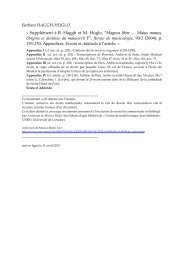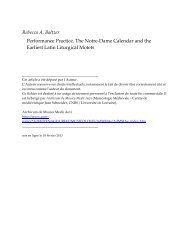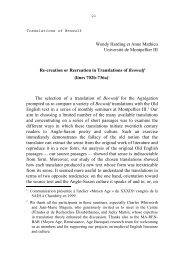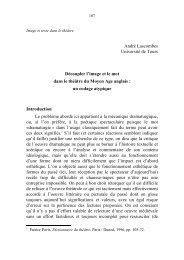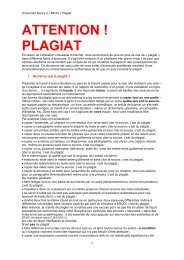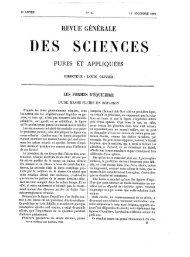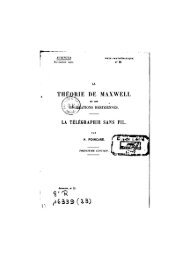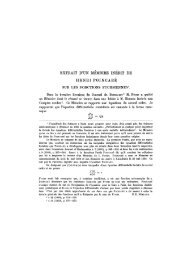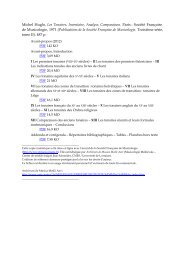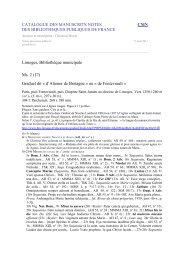You also want an ePaper? Increase the reach of your titles
YUMPU automatically turns print PDFs into web optimized ePapers that Google loves.
154_(12U<br />
Maria K. Greenwood<br />
out this good impression created by tautology at the start. Yet the<br />
account of the deeds is attached to an unreal, undatable past which<br />
gives them an aura not of real experience but of legend. Were the first<br />
lines put straightaway into the Past Perfect, some notion of datable<br />
time would survive: "From the time that he had first begun / To go on<br />
raids, he had loved chivalry [...]" (my translation), 13 and moreover, the<br />
Past Perfect would suggest, by implying chronological order, that his<br />
love of chivalry had possibly changed or developed during the course<br />
of his life.<br />
Only the firmly established Present of the act of reading and the<br />
Present-based, datable Past of the Narrator's personal story provide us<br />
with a more logical way of reading these lines as Free Indirect Speech,<br />
and to distinguish between the literary formulae of legendary<br />
appearance and the logical reality of the information conveyed. For<br />
everything that refers to the past of the Knight and of the other<br />
characters cannot logically be part of timeless myth but must be part<br />
of datable life-experience. Thus the whole description and the whole<br />
account of the battles can be read as coming from the Knight himself.<br />
13 . One can compare translations of these lines into modern English by Wright<br />
and Coghill (British) or Morrison and the Hieatts (American).<br />
David Wright (trans.), Geoffrey Chaucer: The Canterbury Tales, Oxford /<br />
New York: Oxford University Press, 1985, p. 2: "Who from the moment that<br />
he first began / Campaigning, had cherished the profession / Of arms",<br />
Nevill Coghill (trans.), Geoffrey Chaucer: The Canterbury Tales,<br />
Harmondsworth: Penguin Books, (1951) 1955, p. 20: "Who from the day on<br />
which he first began / To ride abroad had followed chivalry",<br />
Theodore Morrison in: The Portable Chaucer, revised ed., New York: The<br />
Viking Press, (1949) 1975, p. 54 "Who from the earliest moment he began /<br />
To follow his career loved chivalry",<br />
A. Kent Hieatt and Constance Hieatt, Chaucer, Canterbury Tales: Tales of<br />
Caunterbury, New York: Bantam Books (Bantam Dual-Language Book),<br />
1964, p. 5, "from the time when he had first begun / to venture out, had loved<br />
chivalry".



